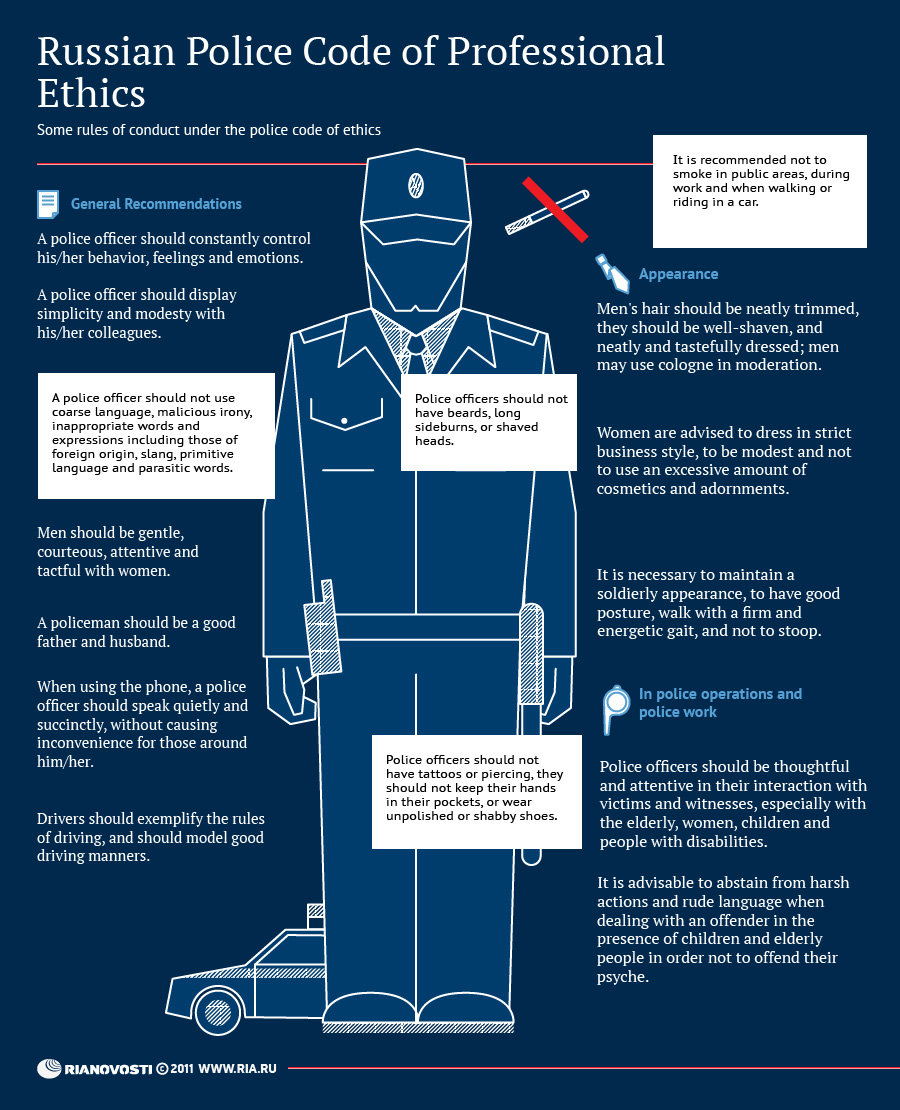Gepubliceerd op donderdag 9 april 2015
Installatie software zonder licentie niet onder druk van Russissche politie
EHRM 26 maart 2015, IEFbe 1293 (Volkov en Adamskiy tegen Rusland) Auteursrecht. Software. Strafrecht. Volkov en Adamskiy verlenen computerreparatiediensten en worden, aldus de klacht, aangespoord door de politie om auteursrechtinbreuk te plegen. Klagers hebben computer software zonder licenties op eigen initiatief geïnstalleerd. Het is, aldus het EHRM, op eigen initiatief gebeurd en niet omdat ze zijn aangezet door gedragingen van de politie. Eén van de klagers heeft geen bijstand gehad van een advocaat in de beroepsprocedure en dat is wel een schending van artikel 6 § 3 (c) EVRM.
Auteursrecht. Software. Strafrecht. Volkov en Adamskiy verlenen computerreparatiediensten en worden, aldus de klacht, aangespoord door de politie om auteursrechtinbreuk te plegen. Klagers hebben computer software zonder licenties op eigen initiatief geïnstalleerd. Het is, aldus het EHRM, op eigen initiatief gebeurd en niet omdat ze zijn aangezet door gedragingen van de politie. Eén van de klagers heeft geen bijstand gehad van een advocaat in de beroepsprocedure en dat is wel een schending van artikel 6 § 3 (c) EVRM.
9. On 3 July 2008 the Golovinskiy District Court of Moscow (District Court) examined the applicant’s case. The applicant testified that he had agreed to help V because he had already performed similar services for his relatives and acquaintances. He also testified that V had asked him to have some programmes installed but did not indicate whether V had specifically asked for unlicensed software. V testified that the police had launched an undercover operation after they had received information incriminating the applicant in the distribution of counterfeit software. The applicant pleaded not guilty to copyright infringement and claimed that the police had incited him to commit the crime. The court found the applicant guilty of copyright infringement and imposed a suspended sentence of one year and three months’ imprisonment with one year’s probation.
34. The applicants maintained that they had been unfairly convicted of crimes incited by the police. They claimed that they had never been implicated in the distribution of counterfeit software prior to the undercover operations and that the undercover police officers had pressured them into installing unlicensed software despite their reluctance to do so.
41. Meanwhile, the police received incriminating information against the applicants and, as such, came under an obligation to verify a criminal complaint. They called the applicants on their respective numbers and asked them to install some computer programmes. The applicants did not complain to the domestic courts that the police officers had specifically asked for unlicensed software or that they had exerted any pressure on the applicants at the time of the call or tried to pressure them into committing illegal acts. Moreover, from the records of the conversation between the applicants and the police officers in the course of the computer repairs it is clear that the applicants brought unlicensed software for installation on their own initiative, without unlawful incitement by the undercover agents (see paragraphs 7 and 13 above).
42. The Court therefore considers that the undercover police officers’ requests appeared to be regular orders of the kind usually placed by customers in response to online or newspaper advertisements for services. The actions of the police did not go beyond the ordinary conduct which is normally expected of clients in the course of lawful commercial activity. It was up to the applicants to respond to such requests in a lawful manner and to install licensed software.
























